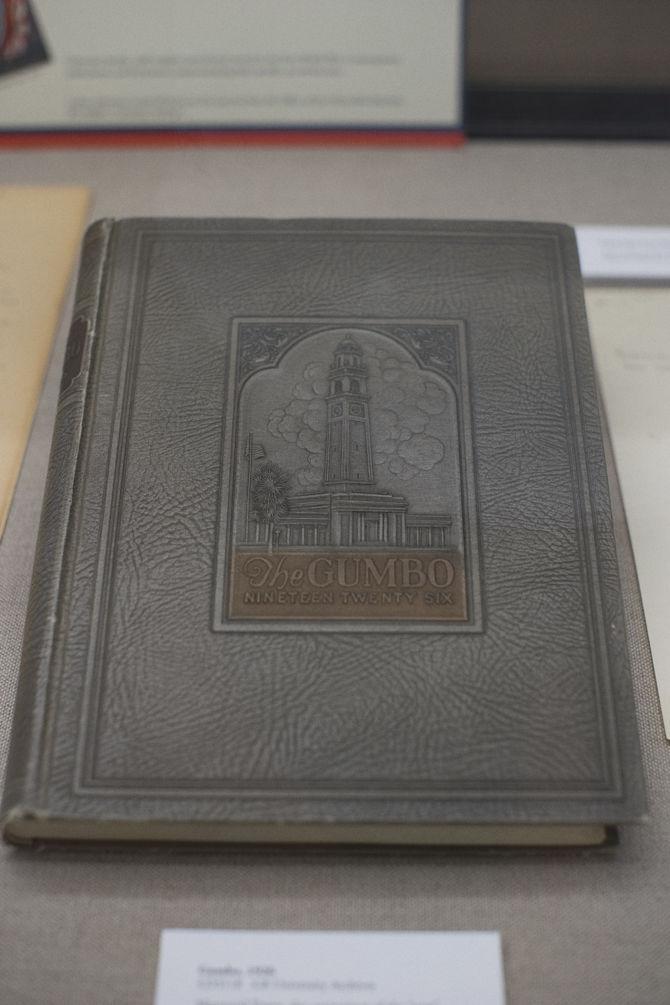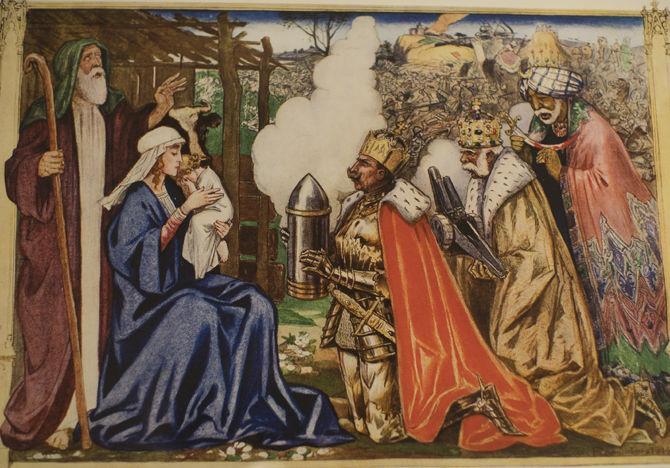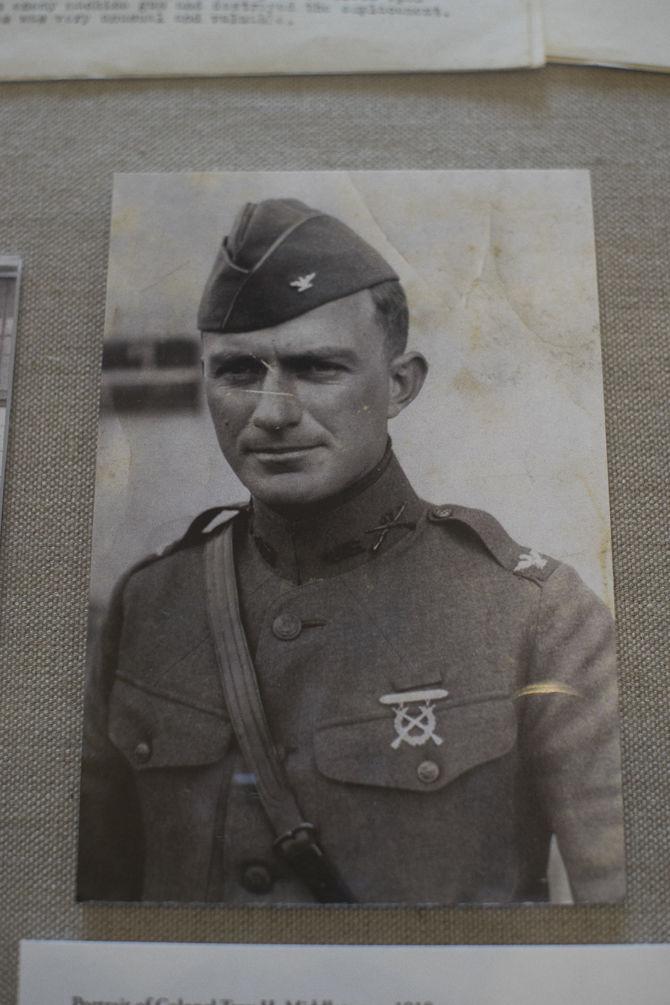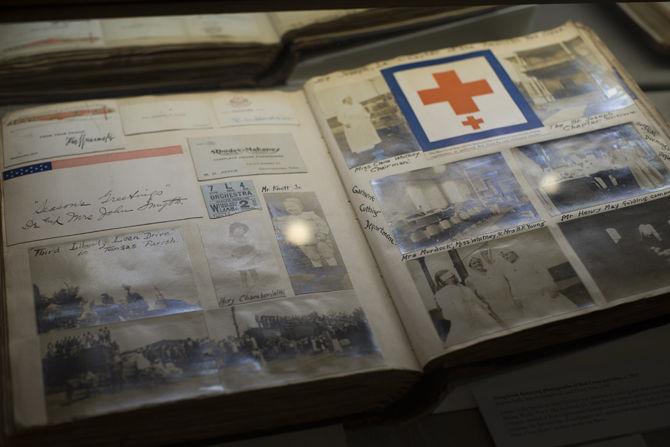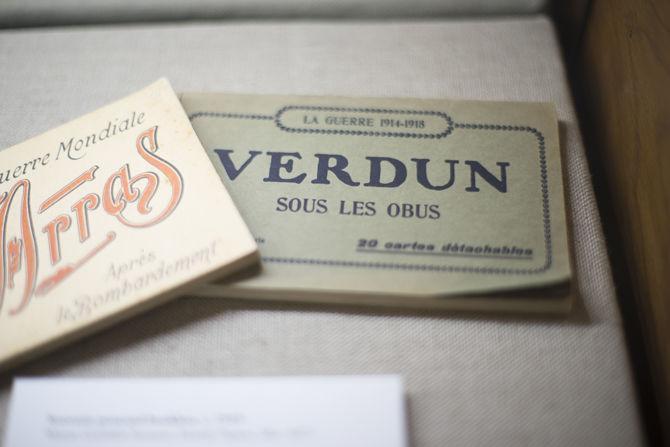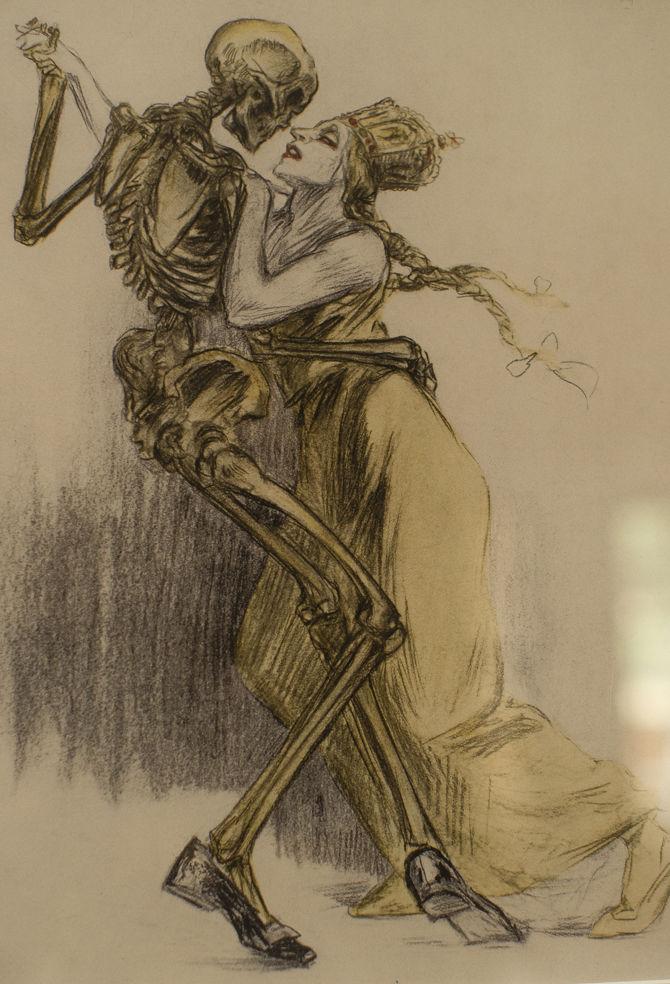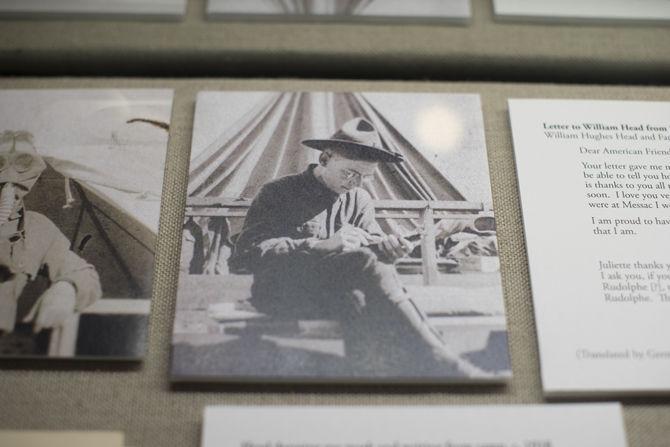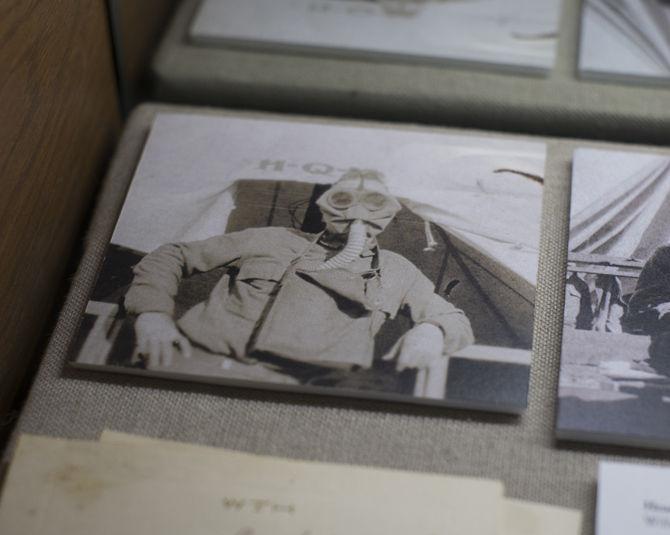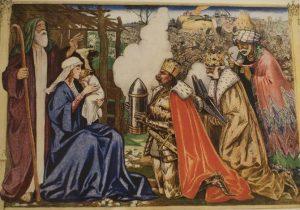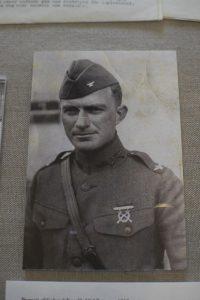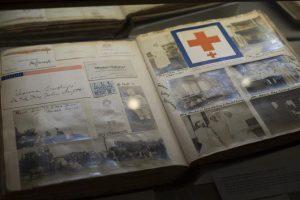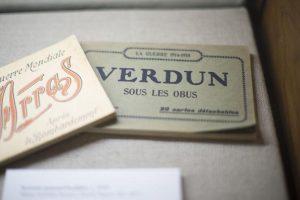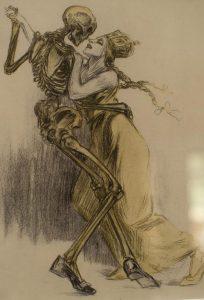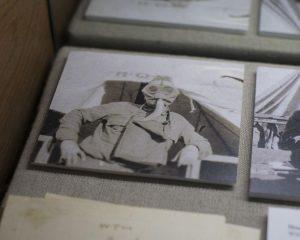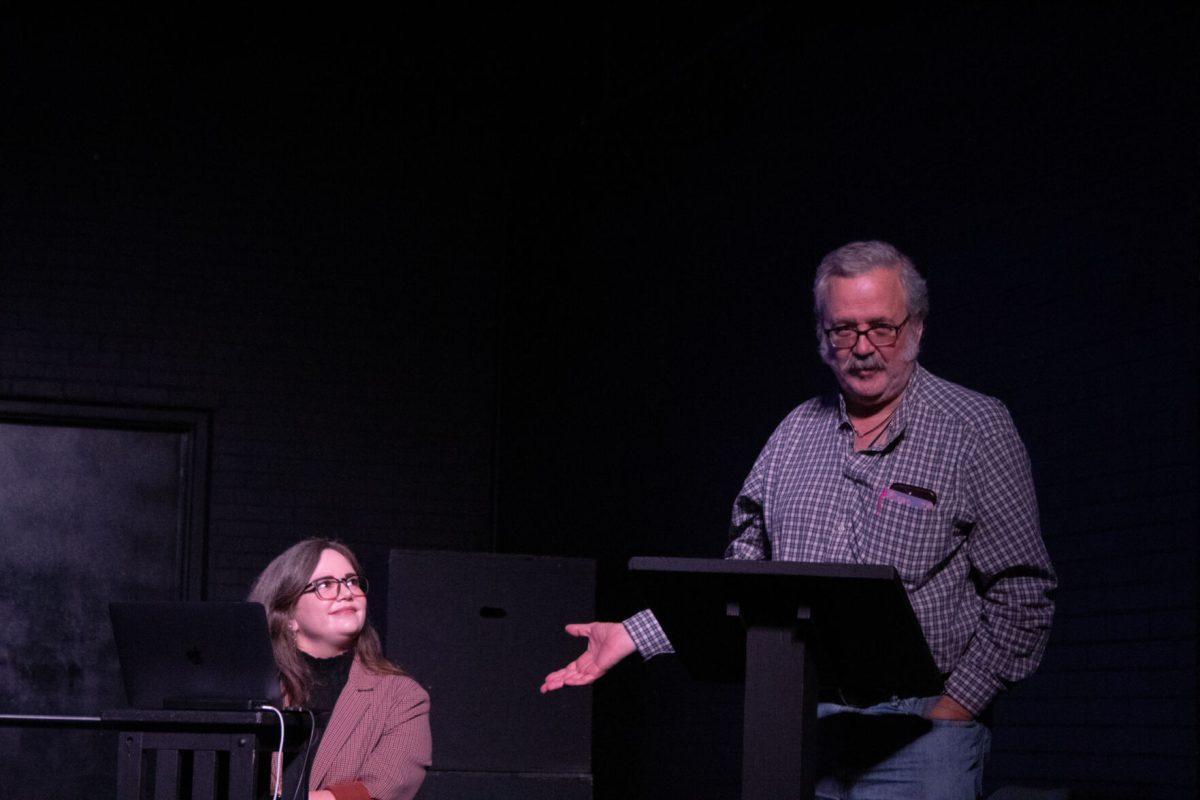LSU Libraries Special Collections commemorates the centennial of the United States’ entry into World War I with the exhibit “Through the Valley of Death: A Special Collections Perspective on the First World War,” which is on display in Hill Memorial Library until June 2.
“Through the Valley of Death” includes archives, artifacts and oral histories from some of the libraries’ major collections, such as the Louisiana and lower Mississippi Valley Collections, the Rare Books Collection and the University Archives. The items in the exhibit provide insight into the politics, propaganda, homefront activities, warfare and social matters of the era.
Exhibitions coordinator Leah Wood Jewett said the exhibit can help people relate to the time period because many of the issues faced in the early 1900s are similar to the controversies widely discussed throughout the world today.
“When you look at any time period, you see there’s war, disease, crazy weather, social unrest — this is not new to us,” Jewett said. “When you look back, the folks that lived during this time had to deal with all of that stuff all at once. They didn’t know what the answer was at the end, and they didn’t know the light at the end of the tunnel was there. It kind of helps put in context with whatever is going on in the world at any given moment to look back at any time period and see everyone has had to deal with a whole lot of crazy stuff. In the midst of the crazy stuff, there’s a lot of beauty.”
Assistant University archivist Barry Cowan worked to contribute materials related to the University’s involvement in WWI, including how faculty and staff contributed to the war effort, a copy of a memorial addition of The Daily Reveille, information about the monetary contributions by individuals around the state for construction of the University’s Memorial Tower and copies of The Gumbo.
“The first World War touched the lives of millions of Americans and the people of LSU were no different,” Cowan said in a news release. “Many students, faculty and staff went ‘over there’ to do their part; others bought war bonds, raised money for the Red Cross, knitted caps and scarves for the boys at the front and adapted their lectures and assignments to include topics on patriotism and the importance of America’s cause. The records pertaining to LSU’s role in the war illuminate their efforts and the Memorial Tower and Memorial Oak Grove on campus are daily reminders of the ultimate sacrifice made by Louisianans and LSU alumni and students.”
Cowan said the exhibit is important because the United States wasn’t involved in the war for a long period of time and many Americans are not aware of the effect of “The Great War.” Since 2017 is the 100th anniversary, it was the perfect time to display the Special Collections’ holdings that relate to America’s involvement in WWI, he said.
“I felt like this would be a missed opportunity if we didn’t do something,” Cowan said. “Because we have so much, much more than Leah and I both thought we had, we thought it would be a great opportunity to showcase some of that.”
Jennifer A. Cramer, director of the T. Harry Williams Center for Oral History, curated the oral history portion of the exhibit, which features several interviews with people that lived and experienced the war, such as General Troy H. Middleton who discusses his service in WWI, soldiers in the war, civilians, people who were gassed and much more. Listening to these interviews will give people a glimpse of some of the accents that are not around anymore, Cramer said.
“There’s something really rewarding about being able to listen to people tell their stories,” Cramer said.
Hill Memorial Library debuts WWI exhibit
February 22, 2017
A 1926 edition of the LSU’s Gumbo yearbook on show on Monday, Feb. 20, 2017 in Hill Memorial Library.
More to Discover



